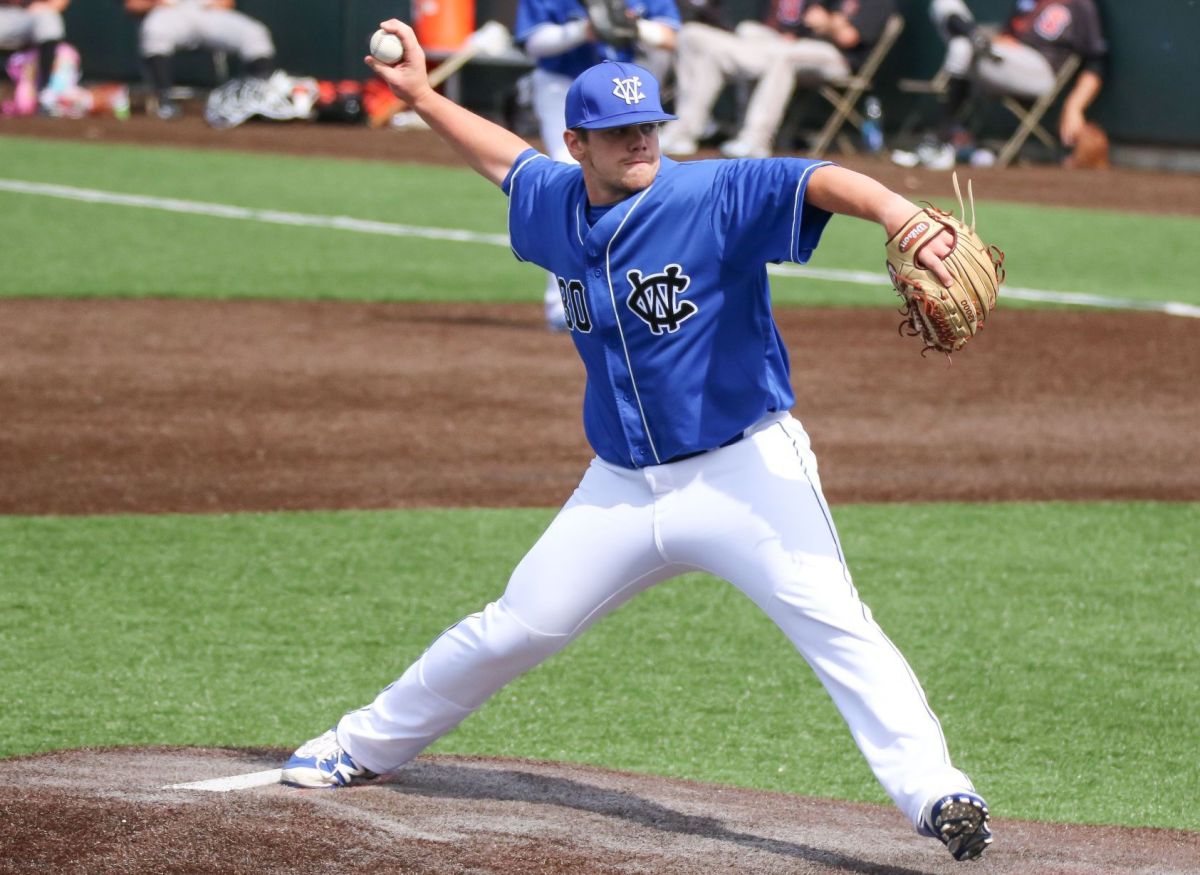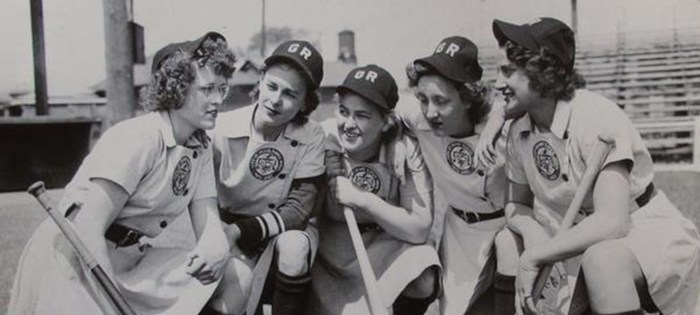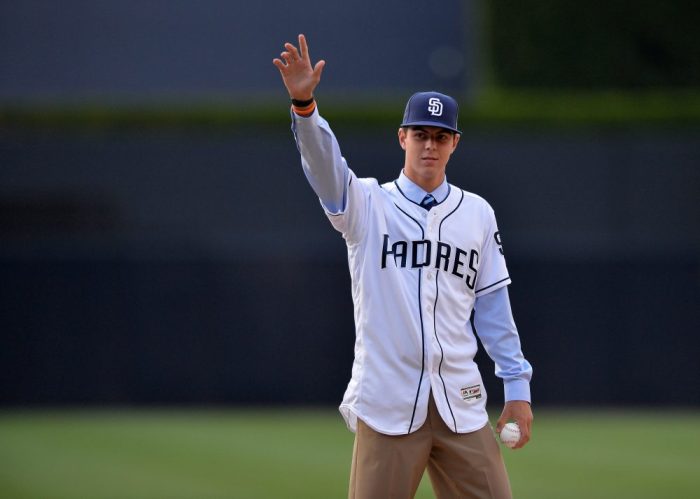Lowe v. California League of Professional Baseball stands as a pivotal case in the legal landscape of professional sports. This case, which reached the Supreme Court in 1991, addressed the fundamental issue of antitrust exemption for professional baseball, a question that had been debated for decades.
The case stemmed from a lawsuit filed by a minor league baseball player named Michael Lowe, who challenged the reserve clause in his contract with the California League of Professional Baseball. The reserve clause gave teams the exclusive right to a player’s services, preventing them from negotiating with other teams as free agents.
1. Case Overview

In Lowe v. California League of Professional Baseball, a group of minor league baseball players sued the league and its teams, alleging that they were being paid below minimum wage and denied overtime pay in violation of the Fair Labor Standards Act (FLSA).
The court ruled in favor of the players, holding that they were employees of the league and its teams and were therefore entitled to the protections of the FLSA.
This case is significant because it is the first time that a court has ruled that minor league baseball players are employees under the FLSA. The ruling could have a major impact on the professional baseball industry, as it could lead to higher salaries and better working conditions for minor league players.
2. Legal Analysis

The legal arguments presented by the players in Lowe v. California League of Professional Baseball were based on the FLSA, which defines an employee as “any individual employed by an employer.” The players argued that they were employees of the league and its teams because they were subject to the control of the league and its teams and were paid a salary.
The league and its teams argued that the players were not employees, but rather independent contractors. They argued that the players were not subject to the control of the league and its teams and that they were not paid a salary.
The court agreed with the players, holding that they were employees of the league and its teams. The court found that the players were subject to the control of the league and its teams because they were required to follow the league’s rules and regulations, and they were subject to the authority of the league’s officials.
The court also found that the players were paid a salary, even though they were not paid a fixed amount each week.
3. Economic Impact
The economic impact of the court’s ruling in Lowe v. California League of Professional Baseball is still uncertain. However, it is possible that the ruling could lead to higher salaries and better working conditions for minor league players. This could have a ripple effect on the entire professional baseball industry, as it could lead to higher salaries for major league players as well.
The ruling could also have a negative impact on the professional baseball industry. If the league and its teams are forced to pay higher salaries to minor league players, they may be less likely to invest in player development. This could lead to a decline in the quality of play in the minor leagues and could make it more difficult for players to reach the major leagues.
4. Social Impact

The social impact of the court’s ruling in Lowe v. California League of Professional Baseball is also uncertain. However, it is possible that the ruling could lead to a more diverse and inclusive professional baseball industry. If minor league players are paid a living wage, they will be more likely to be able to afford to play baseball.
This could lead to a more diverse pool of players in the minor leagues and could make it more likely for players from all backgrounds to reach the major leagues.
The ruling could also have a negative impact on the social fabric of professional baseball. If the league and its teams are forced to pay higher salaries to minor league players, they may be less likely to invest in community outreach programs.
This could lead to a decline in the popularity of baseball and could make it more difficult for fans to connect with the game.
5. Comparative Analysis

The Lowe case is similar to other significant legal cases involving professional sports, such as the Curt Flood case and the NFL concussion lawsuit. In the Flood case, a baseball player sued Major League Baseball (MLB) for preventing him from playing for another team.
The Supreme Court ruled in favor of Flood, holding that MLB’s reserve clause was a violation of antitrust laws.
In the NFL concussion lawsuit, a group of former NFL players sued the league, alleging that they had suffered brain injuries as a result of the league’s negligence. The case was settled for $765 million, and it is considered to be one of the most significant legal cases in the history of professional sports.
The Lowe case is different from these other cases in that it is the first time that a court has ruled that minor league baseball players are employees under the FLSA. This ruling could have a major impact on the professional baseball industry, as it could lead to higher salaries and better working conditions for minor league players.
FAQ Overview: Lowe V. California League Of Professional Baseball
What was the significance of the Lowe case?
The Lowe case was significant because it eliminated the reserve clause in baseball contracts, which gave teams the exclusive right to a player’s services. This decision paved the way for free agency and had a major impact on the economics of professional baseball.
What legal principles did the Supreme Court establish in the Lowe case?
The Supreme Court established several important legal principles in the Lowe case, including the principle that professional baseball is subject to antitrust laws. The Court also held that the reserve clause was an unreasonable restraint of trade and violated antitrust law.
How has the Lowe case impacted professional baseball?
The Lowe case has had a major impact on professional baseball. It has led to increased player salaries, greater player mobility, and a more competitive market for baseball players.